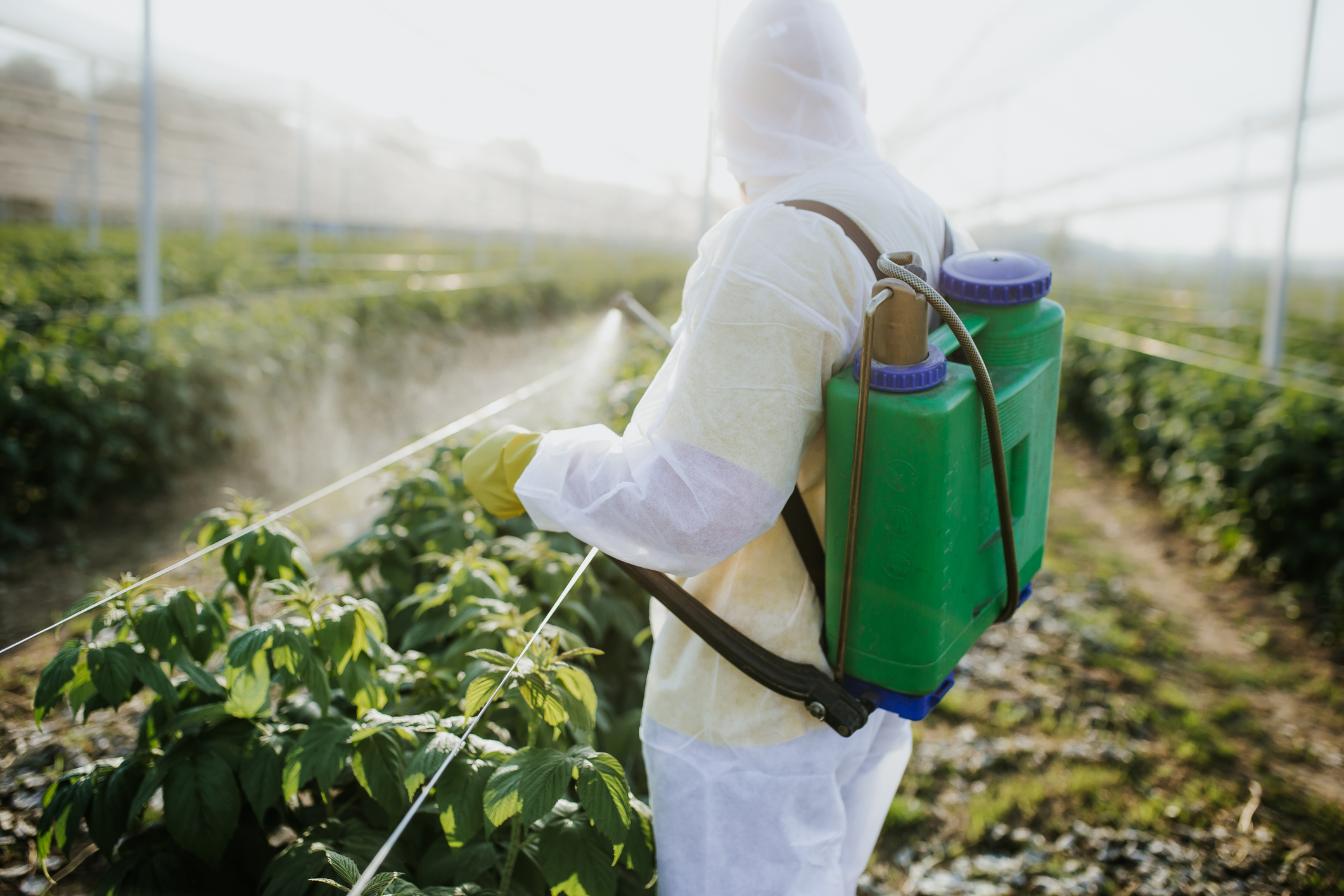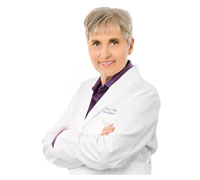Get Easy Health Digest™ in your inbox and don’t miss a thing when you subscribe today. Plus, get the free bonus report, Mother Nature’s Tips, Tricks and Remedies for Cholesterol, Blood Pressure & Blood Sugar as my way of saying welcome to the community!
The three switches that turn on cancer, and how to flip them back off

The cancer screening and cancer-treating business is a multibillion, if not multitrillion, dollar economy. We are all supporting it, directly because we have been touched by cancer or indirectly through our health insurance premiums and our taxes. Cancer affects all of us, in one way or another.
Since the 1960s, the U.S. has waged a “war” on cancer but has not come close to defeating it. However, as a society, we are getting closer to being bankrupted by it.
Each year, we spend more and more money on treatments, including new, exotic drugs, all of which costs us thousands to hundreds of thousands of dollars per year. We are urged to do more early screening for cancers and get more aggressive treatments once detected. We are even told to get genetic testing and consider mastectomies (and other drastic preventative surgeries) if the wrong genes are found. But none of those actions prevent us from getting cancer. The medical dialog is sadly silent on the issue of cause and what we can do to lower our risk of developing cancer.
Why does cancer develop?
That’s the multitrillion dollar question. We don’t know precisely. We can identify hundreds of genes that individually increase the risk slightly for developing cancer. For instance, the BRCA gene can act individually. Having the BRCA gene can increase risk of developing breast cancer by up to 85%. But that’s for individuals who eat a standard American diet. Those who eat 6 cups of non-starchy vegetables daily and engage in regular physical activity lower their risk to 25%. This is still a risk, but not as high a risk. Even the BRCA gene is influenced by diet and lifestyle changes.
For most of us, the complicated interaction between all of our genes and the environment determines our risk for developing cancer. The scientific term for how our environment interacts with our genes is called “epigenetics” and is a hot area of research. As epigenetics tell us, the environment speaks to our DNA and shifts which genes are “on” and which ones are “off.”
These epigenetic changes shift how your cells run the chemistry of life. Those changes can convert a body that could have been healthy and robust into one that is inflamed, sickly, and disease-prone. And those changes can markedly increase or decrease your risk of developing cancer. They can activate cancer-promoting genes, if you have any, making it much more likely a cancer will develop.
Controlling the cancer switch
So what are the environmental factors that increase the risk for disease? The top three are:
- A diet high in sugar, white flour, white potatoes, and other high glycemic foods. In 2000, the average American adult ate 152lbs (more than 70 kg) of sugar. Children ate even more. The rapid entry of sugar into the bloodstream leads to more insulin in the body and more growth signals to your cells. It also leads to more inflammation.
- Increased body burden of heavy metals, plastics, solvents, and other synthetic chemicals. These compounds interfere with the normal signaling between your cells and affect which genes are on and which are off, increasing inflammation and the risk of developing cancer cells.
- Inadequate intake of phytonutrients. These are the antioxidants and vitamins in plants that help the liver and kidney process toxins, and they can markedly improve the elimination of toxins. They also speak to your DNA and can shift your chemistry away from the sickly, disease-prone chemistry that results from a diet high in sugar and low in the phytonutrients found in vegetables and berries.
The real prevention of cancer begins with our daily choices. I advise my patients to eat six (women) or nine (men or tall women) cups of vegetables each day, equally distributed, if possible, between green leafy vegetables (like kale, collards, chard, or spinach), sulfur-rich vegetables from the cabbage, onion, or mushroom families, and deeply colored vegetables, like beets, carrots, peppers, or berries. Ideally produce is local and in season.
I also recommend high-quality protein. For meat eaters, that means organic, grass-fed, or wild meat. For vegetarians, that means organic legumes and gluten-free grains. I tell my patients to stop the sugar, white flour, and high fructose and artificial sweeteners of all types. And I encourage them to move to organic foods as their budgets allow and to grow food in container gardens and as part of an edible landscape.
Imagine what would happen if the billions we spent on the early detection programs, chemotherapy, and radiation therapy for cancer, was instead spent on improving the quality of the food we eat. What if our society began eating six to nine cups of vegetables daily and we saw a sharp downturn in obesity, diabetes, heart disease, dementia, mental health problems, and autoimmunity. We’d see the beginning of an epidemic of health. The war would be won.
Editor’s note: Discover how to live a cancer prevention lifestyle — using foods, vitamins, minerals and herbs — as well as little-known therapies allowed in other countries but denied to you by American mainstream medicine. Click here to discover Surviving Cancer! A Comprehensive Guide to Understanding the Causes, Treatments and Big Business Behind Medicine’s Most Frightening Diagnosis!













